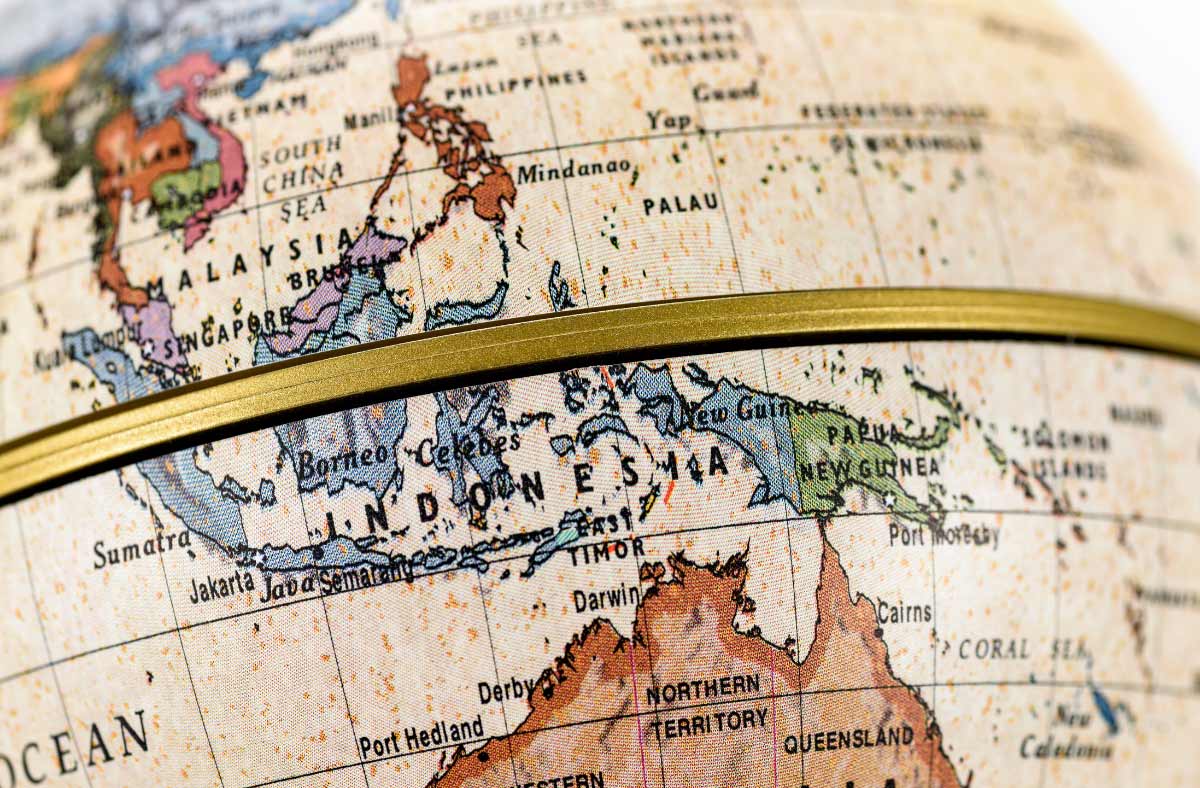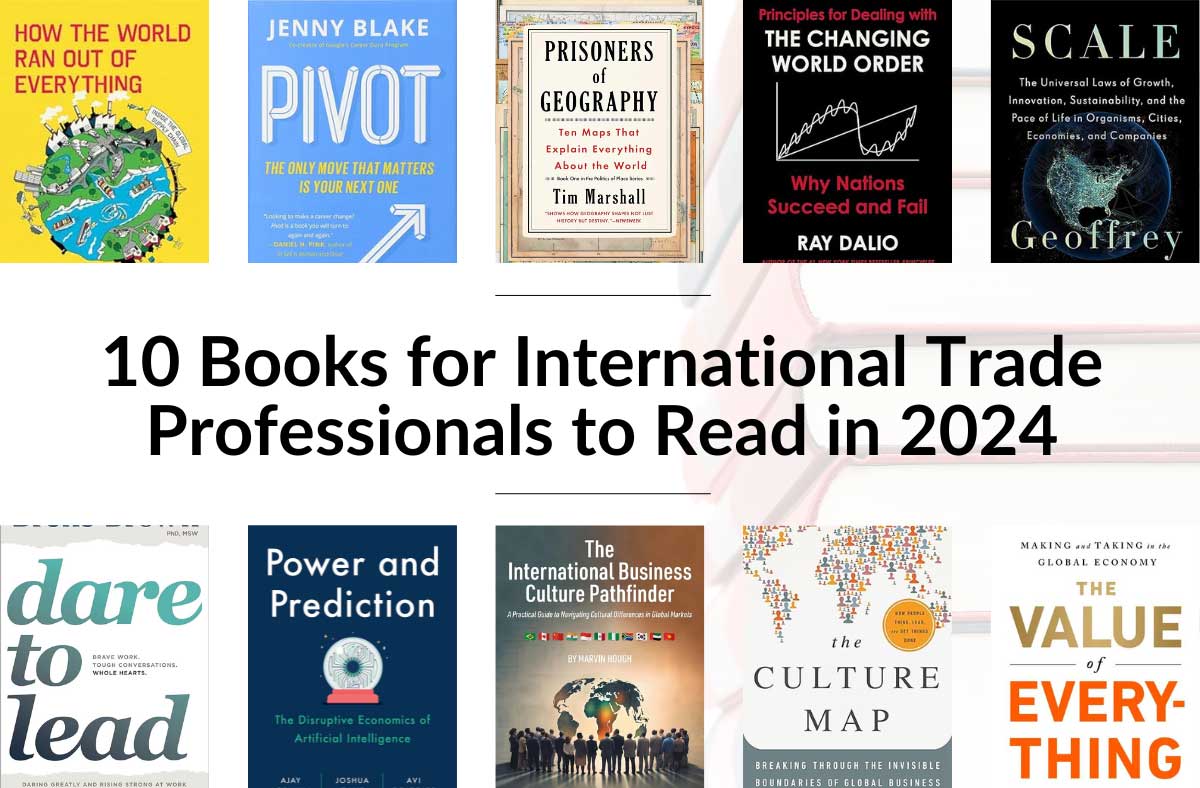
Congratulations! You’ve found and vetted a fantastic distributor for your product overseas.
Now the fun part begins – time for some negotiating. But are you truly ready to go there?
Once a company has identified a suitable agent or distributor, it’s time to negotiate and sign a binding agreement.
This written agreement will offer protection to both sides, and reduces the risks associated with the transaction. But there are many things to consider before jumping in.
To cover all of your bases, companies should always consult with an experienced trade lawyer to ensure they have covered every criterion possible when drawing up the agreement.
Be prepared for compromise
As with any business negotiation, it is not always possible to obtain a perfect fit between the capabilities and objectives of the two parties involved. A compromise might be necessary to ensure that the essential interests of each party are protected as much as possible.
There are nine key issues that deserve close attention in any agreement with an agent or distributor. These are detailed below, along with suggestions as to how a compromise might be made.
1. Marking your territory
There might be a mismatch between the target market that the exporter has in mind and the territory covered by the sales representative.
The representative might want the rights to a larger territory to satisfy sub-agents, whereas the exporter may be afraid of overextending and want to limit penetration to an area that can be comfortably supplied from existing facilities.
To satisfy both concerns, this part of the agreement might specify a strategy of gradual growth into the territory.
2. Granting exclusivity
Most representatives want exclusive rights to sell the product in their territory, but an exporter might want to maintain some traditional house accounts or key customers. The exporter might also want to be able to engage different representatives to handle different product lines.
The situation also might arise where a new buyer wants to deal directly with head office and bypass the representative.
In these cases, it might be necessary to pay commission to an agent even if sales were made directly from head office.
Exclusivity must adhere to international trade law in the countries concerned.
In some regional trading blocs, exclusive rights to one country alone cannot be enforced. This is one reason why it is essential for companies to consult lawyers experienced in international trade.
3. Working out a fair commission
An agent might want to charge higher commissions to serve new exporters, justifying this by stating that the increase will offset the additional effort required to start up and position a new product line.
This might also occur if agents are asked to serve a territory that they have not serviced before. Agents might also ask for higher commissions to represent customized products designed for a narrow customer base, or products that require a longer and more intensive selling cycle.
4. Positioning status
Another issue of importance is the extent to which the agent or distributor is associated with and represents the exporter. This is especially critical in agreements in which agents wish to use the exporter’s business card and present themselves as part of the company.
If the agent is deemed an employee of the firm, this might have implications for taxation or employment regulations in the target market. In such a close association, there is also a danger that the exporter’s interests can be undermined by the agent’s inappropriate actions.
5. Asserting control and motivation
It is important to ensure that the agent or distributor acts in the interests of the exporter as much as possible.
The agent’s or distributor’s motivation will largely depend on how important they deem the exporter in comparison with other clients.
Large firms with numerous clients might not pay sufficient attention to a supplier that comprises a small fraction of their business. Small exporters may therefore be better served if they work with small representatives.
If strategic considerations (market coverage, access) lead the exporter to choose to enter into an agreement with a larger representative, additional incentives, such as higher commissions or performance bonuses, might be used motivate the representative.
6. Training and intellectual property
To sell a product effectively, a representative must be familiar with all aspects of its performance and manufacture, and be able to differentiate it from the competition.
The representative might require special training, supporting materials, technical specifications and other information.
The agreement should specify who will pay for this training and material. Because some of the material and knowledge transferred might be proprietary, companies should consider how they can ensure security.
7. Handling sales
The way in which sales are made and orders are received is important, especially in agency agreements.
For example, negotiations should cover how leads are to be handled. In most cases, if the exporting company encounters promising leads (for example, at a trade show) and has an agent, the leads should be handed over to the agent for follow-up.
Similarly, even if the exporter makes a direct sale within the agent’s territory, that sale will be credited to the agent and a commission paid on it. The agreement should also state who will take orders and who is responsible for order fulfillment.
8. Making payments
Two types of payment are important in agreements with trade representatives: Payment by the end-user and payment of commissions.
The negotiation of payment is less complicated with distribution agreements because a distributor will pay the exporter for goods received and then take payment for them from purchasers.
In the case of agency agreements, key issues are the rate of commission, how commissions will be calculated and when they will be paid.
In most cases, commissions are paid to the agent after the exporter receives payment from the buyer. The agent might wish to ensure that payment terms do not allow an excessively long interval between finalizing the sale and receiving payment.
Deciding who should pay for expense items such as sales trips is a separate issue.
9. Providing service and liability
Many products are sold with after-sales service and warranties. The agreement with the sales representative should spell out respective responsibilities.
To whom should the end-user turn for spare parts, repairs and replacements?
Who is liable in the event that the merchandise is defective or unsafe?
Who should pay for liability insurance?
How can the exporter be protected if the representative oversells the qualities or capabilities of the product?
Coming to a clear agreement for all foreseeable situations will not only help keep your trading relationships positive, it will ensure you do not end up on the losing end of the bargain.
Do you see any possible situations we have missed? What are your go-to negotiating tactics?








disqus comments